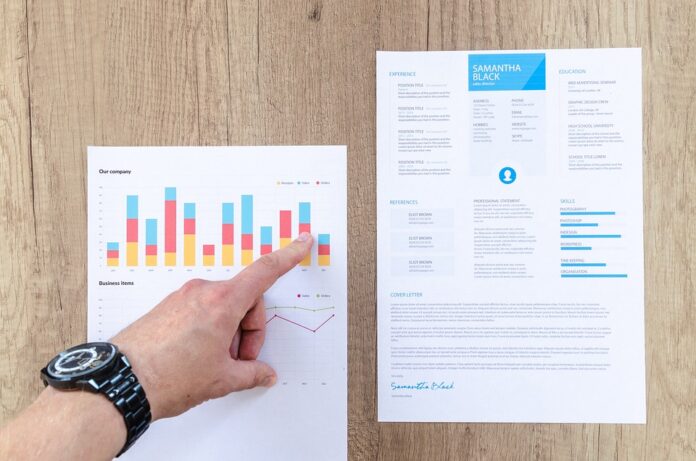Certificate of Deposit (CD) is a type of savings account that offers a higher interest rate than a regular savings account in exchange for locking in your money for a specific period of time. While CDs may not be the right choice for everyone, there are several reasons why they might be a good option for you. In this article, we will discuss five reasons why a Certificate of Deposit might be the right choice for you.
Higher Interest Rates
One of the main reasons why a Certificate of Deposit might be right for you is because they offer higher interest rates than regular savings accounts. This means that you can earn more money on your savings over time by choosing a CD instead of a traditional savings account. If you are looking for a safe and secure way to grow your money at a higher rate, a CD might be the perfect choice for you.
Fixed Interest Rate
Another benefit of a Certificate of Deposit is that it offers a fixed interest rate for the term of the CD. This means that you know exactly how much interest you will earn on your investment throughout the entire term of the CD. With a fixed interest rate, you can have peace of mind knowing that your money is growing steadily and predictably over time. If you prefer stability and certainty in your investments, a CD might be the right option for you.
Low Risk
Certificates of Deposit are considered to be a low-risk investment option because they are insured by the Federal Deposit Insurance Corporation (FDIC) for up to $250,000. This means that even if the bank fails, your money is protected and guaranteed by the government. With this level of security, CDs are a safe and reliable way to grow your savings without taking on too much risk. If you are a cautious investor who values safety and security, a CD might be a good fit for you.
Various Term Options
CDs come with a variety of term options ranging from a few months to several years. This flexibility allows you to choose a CD term that fits your financial goals and timeline. Whether you are saving for a short-term goal like a vacation or a long-term goal like retirement, you can find a CD with the right term length for your needs. With so many options available, you can customize your CD investment to align with your specific financial objectives.
Penalty for Early Withdrawal
While CDs offer higher interest rates and fixed returns, they also come with a penalty for early withdrawal. If you need to access your money before the CD matures, you will likely incur a penalty that could eat into your earnings. This penalty serves as a deterrent to prevent you from withdrawing your funds prematurely and encourages you to keep your money invested for the full term of the CD. If you are confident that you can commit to the term of the CD without needing to access your money early, this penalty may not be a concern for you.
In conclusion, a Certificate of Deposit can be a smart choice for savers who are looking for a safe and secure way to grow their money at a higher rate. With benefits such as higher interest rates, fixed returns, low risk, various term options, and a penalty for early withdrawal, CDs offer a balance of stability and growth potential. If you value security, predictability, and flexibility in your investments, a CD might be the right option for you.
Frequently Asked Questions:
1. Are CDs a safe investment option?
Yes, CDs are considered to be a safe investment option because they are insured by the FDIC for up to $250,000, providing protection for your money in case the bank fails.
2. Can I withdraw my money early from a CD?
While you can technically withdraw your money early from a CD, you will likely incur a penalty for early withdrawal, which could impact your earnings. It is best to keep your money invested for the full term of the CD to avoid penalties.
3. How do I choose the right CD term length for my financial goals?
When choosing a CD term length, consider your financial goals, timeline, and risk tolerance. Select a term that aligns with your objectives, whether they are short-term or long-term, to maximize your savings potential.

